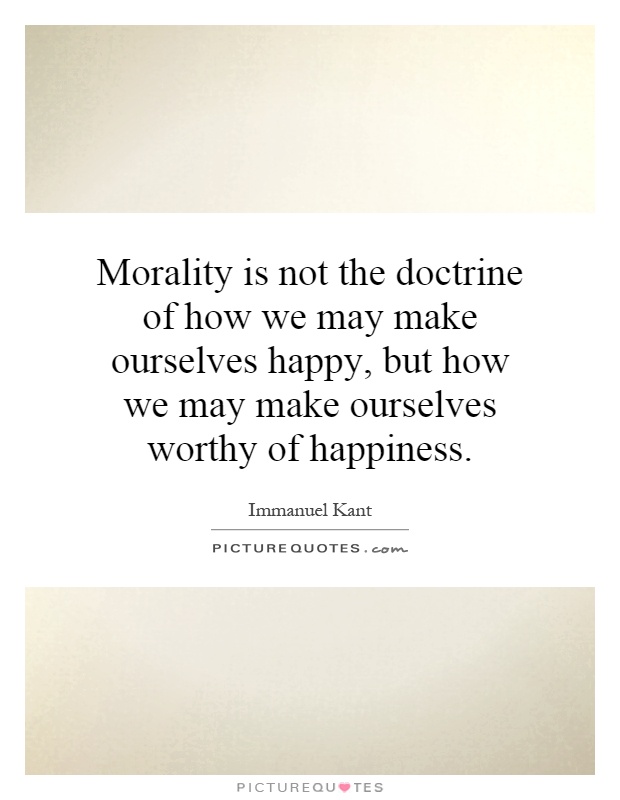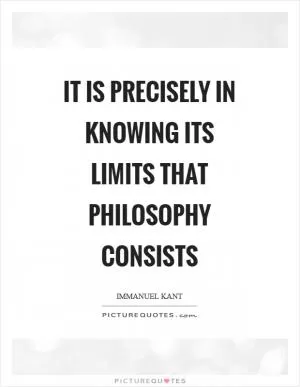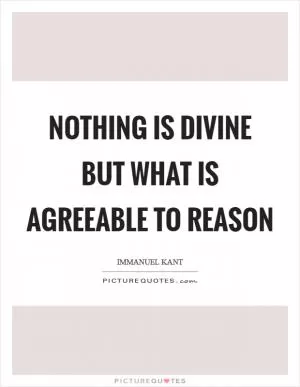Morality is not the doctrine of how we may make ourselves happy, but how we may make ourselves worthy of happiness

Morality is not the doctrine of how we may make ourselves happy, but how we may make ourselves worthy of happiness
Immanuel Kant, a renowned German philosopher, is often associated with the idea that morality is not about seeking personal happiness, but rather about striving to be worthy of happiness. This concept is central to Kant's ethical theory, which is known as deontological ethics. According to Kant, moral actions are those that are performed out of a sense of duty and in accordance with universal moral principles, rather than for the sake of personal gain or happiness.Kant believed that true moral worth lies in acting in accordance with the categorical imperative, which is the principle that one should act only in a way that one would want everyone else to act in similar circumstances. This means that moral actions are those that can be universalized and are based on rationality and duty, rather than on personal desires or emotions.
In the context of the quote "Morality is not the doctrine of how we may make ourselves happy, but how we may make ourselves worthy of happiness," Kant would argue that true happiness can only be achieved through moral actions that are in line with the categorical imperative. This is because acting in accordance with universal moral principles not only benefits society as a whole, but also allows individuals to cultivate a sense of moral worth and integrity.
For Kant, happiness that is based on self-interest or the pursuit of personal pleasure is not true happiness, as it is fleeting and ultimately unsatisfying. Instead, true happiness comes from living a moral life and fulfilling one's duty to others. By acting in a way that is in line with the categorical imperative, individuals can cultivate a sense of moral worth and integrity that is essential for true happiness.












 Friendship Quotes
Friendship Quotes Love Quotes
Love Quotes Life Quotes
Life Quotes Funny Quotes
Funny Quotes Motivational Quotes
Motivational Quotes Inspirational Quotes
Inspirational Quotes